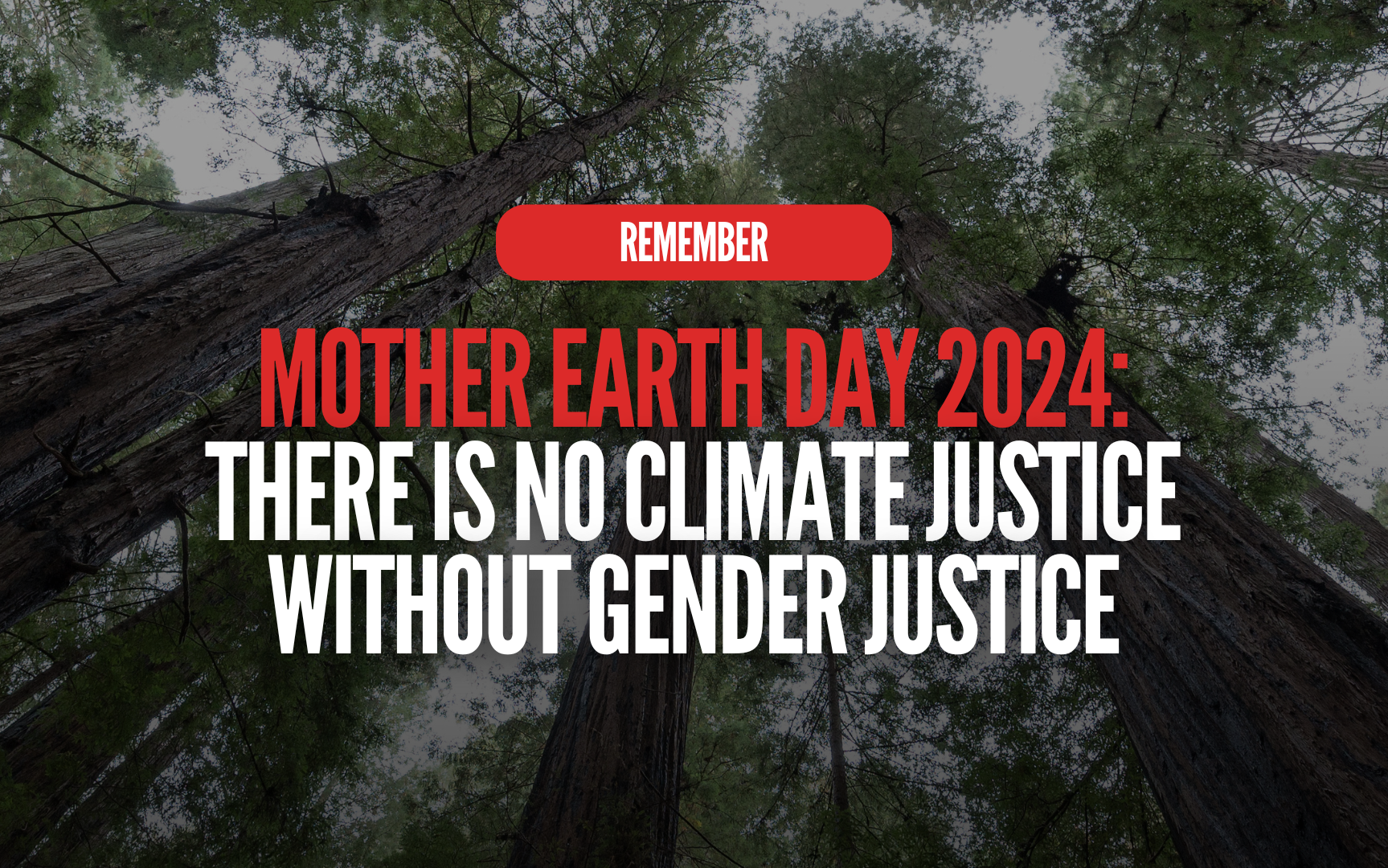
Women, who make up the majority of the world’s poor, are largely more dependent on natural resources, placing them at the front lines of climate change, with less economic resources to combat its impact.
There is a causal interrelationship between gender inequalities and environmental degradation; where the loss of biodiversity, ecosystems and climate change tend to exacerbate existing gender inequalities.
Women and in particular Indigenous women are essential agents of change in their communities to increase the resilience of their environments, as well as to mitigate and confront environmental degradation and climate change. In relation to conservation and climate actions, women generally and Indigenous women specifically have different knowledge of the social and environmental setting and differentially support environmental initiatives associated with various sectors where they uniquely contribute to the protection and sustainable management of terrestrial and marine ecosystems, which promotes the sustainability and effectiveness of nature-based solutions to the biodiversity and climate crisis facing the world.
We are excited to take part in Fashion Revolution Week 2024 as part of our ongoing, urgent work at the intersection of thrift fashion and ending gender-based violence.
Countries in the global South bear the heaviest social, gendered, and environmental burden of the fashion industry.
Women workers are toiling in sweatshops, where they work 14 to 16 hours per day, seven days a week, and endure labour abuse and sexual harassment. The fast fashion industry is also the third most polluting industry on earth.
If you share our vision for systemic change in the global fashion industry and want to get involves, or to learn more about the exploitation that is entrenched within the mainstream fashion industry, please see last week’s Ending Violence Blog “Fashion Justice.” at bwss.org.




